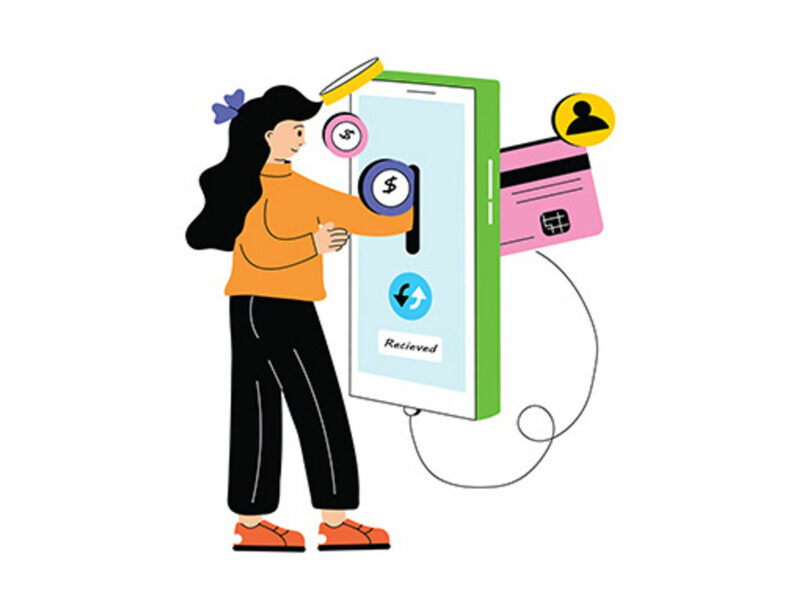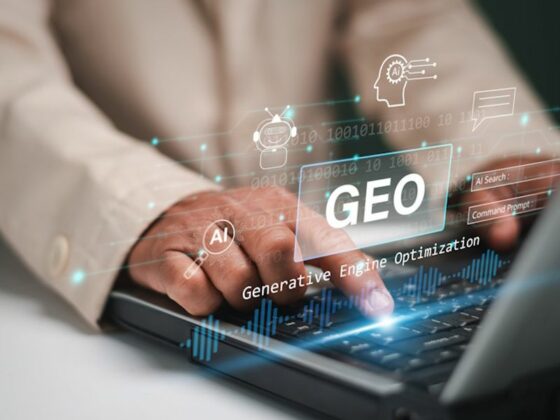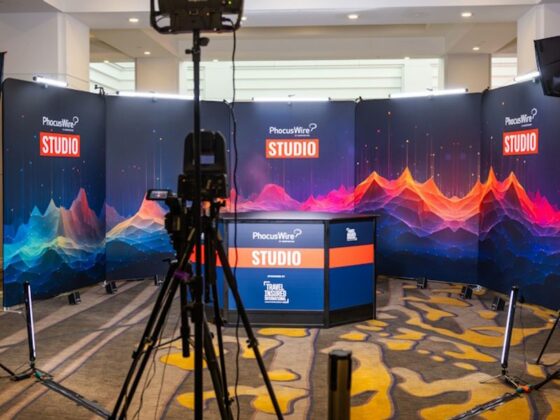AI in hospitality: how artificial intelligence is transforming the hotel industry
AI for hospitality business is a broad topic that can cover many aspects of the industry, such as guest experience, revenue management, operations, marketing, and more. Depending on your specific goals and needs, you can develop AI solutions that can help you improve your service quality, efficiency, and profitability.
Some examples of AI applications in hospitality are:
AI-powered chatbots and virtual assistants that can provide 24/7 customer service, handle reservations, answer queries, and offer personalized recommendations. For instance, a resort my company works with implemented a novel integration of AI telephony that lowered the calls to the front desk staff and increased service level of answered calls.
AI-powered personalization and recommendation engines that can analyze customer data and behavior, and provide tailored offers, promotions, and experiences to individual guests. For example, Hilton uses AI to create personalized travel guides for its guests based on their preferences and interests.
AI-powered predictive analytics that can help hoteliers forecast demand, optimize pricing, and manage inventory. For example, Marriott uses AI to dynamically adjust room rates based on various factors, such as occupancy, seasonality, and events.

AI-powered smart room technology that can provide guests with a more comfortable and convenient stay. For example, Wynn Las Vegas uses AI to enable voice control of room features, such as lighting, temperature, and entertainment.
AI-powered maintenance and energy management that can monitor and predict the condition of hotel facilities, and optimize energy consumption and costs. For example, InterContinental Hotels Group uses AI to analyze energy usage patterns and adjust settings accordingly.
These are just some of the ways that AI can benefit the hospitality industry. If you are interested in developing AI solutions for your business, you can start by identifying your pain points, challenges, and opportunities, and then explore the available AI tools and platforms that can help you achieve your objectives. You can also consult with AI experts and professionals who can guide you through the process and provide you with the best practices and solutions.







